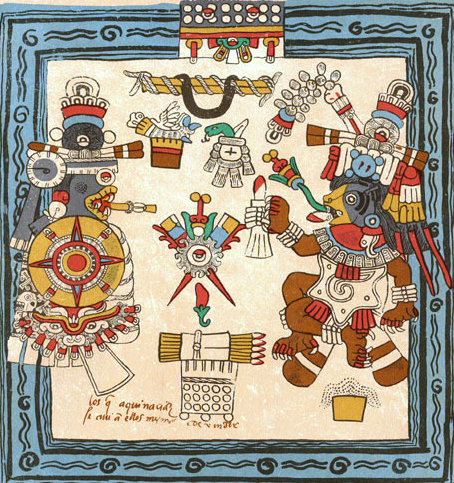Abstract
This article studies three cases in which indigenous people from Teupasenti and Texiguat (Honduras) were accused of witchcraft in the seventeenth century, with the aim of demonstrating the continuity of the ancestral beliefs of these peoples in the context of the period of Hispanic domination. Specifically, the manifestations of the sacred mountain, the power of the winds and nahualism are analyzed in the statements made by the accused before the judicial authorities. The analysis technique used was historical ethnography, which is based on the current of historical anthropology. The results allow establishing that the indigenous people of Teupasenti and Texiguat in the seventeenth century had not abandoned their Mesoamerican beliefs, despite having adopted a socio-political organization imposed by the Castilians.



